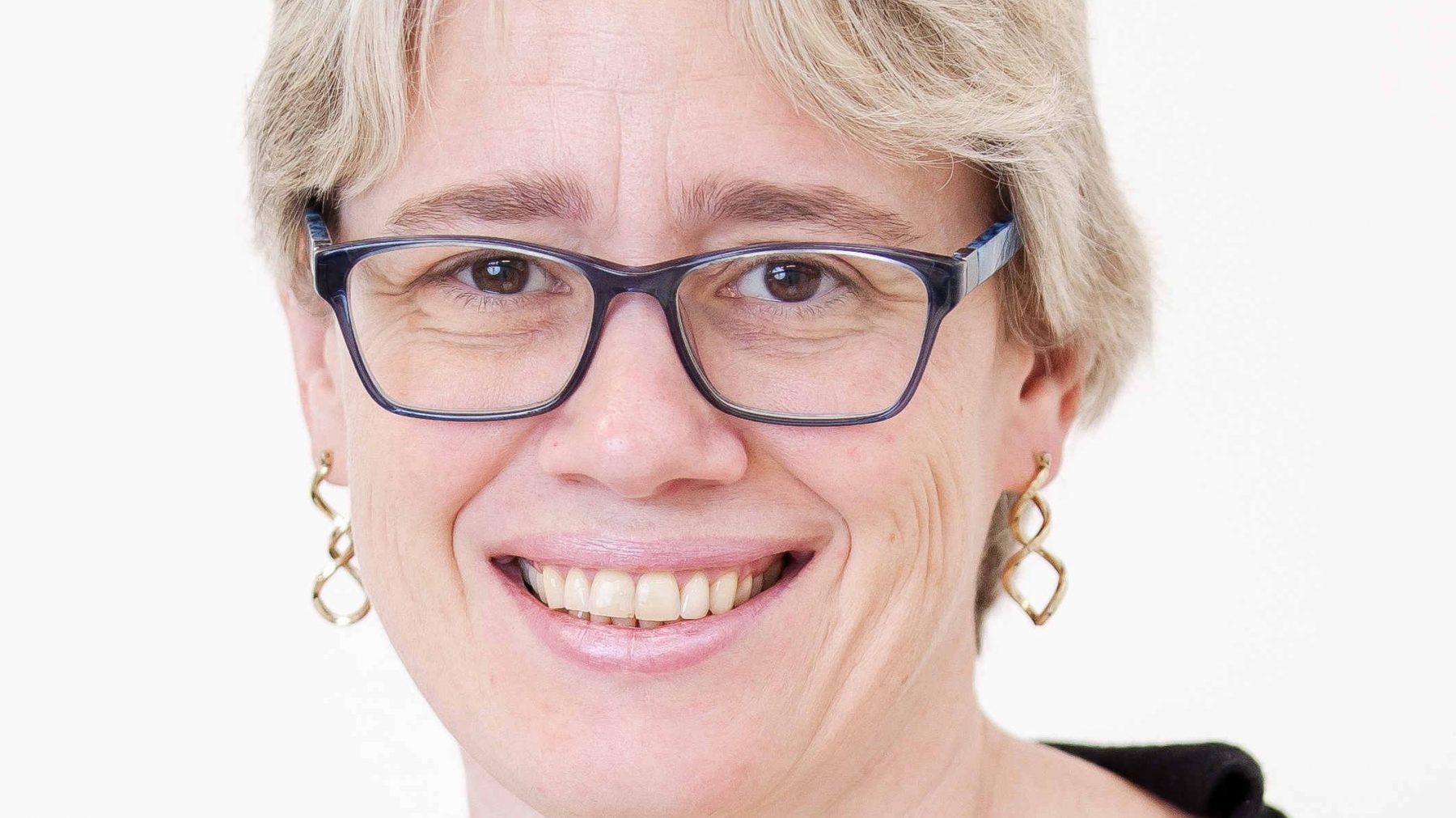In Conversation With… Professor Sarah Walker, Professor of Medical Statistics and Epidemiology at the University of Oxford
November 2021

“Don’t let the best be the enemy of the good,” is a saying that Sarah Walker (Professor of Medical Statistics and Epidemiology at the University of Oxford) tries to live by, and an ethos she instills in her team.
“People get too hung up on being perfect. It’s important to do things that make a difference. Even if you do not succeed, at least you are trying to do something that matters.”
As a medical statistician, Professor Walker has done plenty of work that matters. She has used data to improve the treatment and management of diseases such as HIV and hepatitis C, and to examine transmission of bugs within hospitals.
Professor Walker said: “My background is in large scale projects and electronic health record, as well as the sequencing of bugs and tracking bugs around the hospital through genetics. During my career I’ve acquired quite a diverse skill set and it has put me in a good position to lead the COVID-19 Infection Survey.”
In April 2020, she became the Chief Investigator and Academic Lead for the Office for National Statistics’ COVID-19 Infection Survey, a study which has helped to identify trends in infection throughout the pandemic and has played a critical role in informing the government’s decisions. Analysis of data from the survey has been supported by a £600,000 donation from the Huo Family Foundation, and, since its launch, has seen over 480,000 individuals across the UK take part in the study. This is a remarkable feat given it was approved and launched into the field within 10 days of inception.
“My mother used to say, ‘make do and mend’, and it has applied to the survey. Because the survey came together very quickly, inevitably we had to sort things out as we went along. Our participants were incredibly supportive. There was also a huge amount of goodwill throughout our team, and everybody from lab technicians to the study workers were trying their best. Some were working 18 hour days.”
Professor Walker never thought she would be in the position she is now. “I’ve never had a career strategy. I’ve always just done things that I thought were interesting.” Uninspired by the prospect of management consultancy or accountancy, she finished a degree in maths and found herself studying medical statistics. “I really just always enjoyed medicine, and in particular infectious diseases. As a medical statistician I’m trying to understand how the disease has evolved, and use this understanding to enable mathematical modellers to predict what will happen next.”
Unsurprisingly, Professor Walker is passionate about the need for better communication with the public about the benefits of sharing medical data with the NHS. “The benefits are nebulous, but people are often concerned about how their data will be used and whether or not it will be anonymised, which it is”. She hopes that, by showcasing how important individuals’ data was in combatting COVID-19, the public will be more open to sharing their data – helping scientists tackle some of the UK’s greatest health challenges.
So, what does it take to be a great medical statistician? “You’ve got to have a really good understanding of data, and a keen eye for finding relationships within it. You also need to be wary of biases – data can sometimes be very misleading!”
For more information on the study please visit: www.ndm.ox.ac.uk/covid-19/covid-19-infection-survey